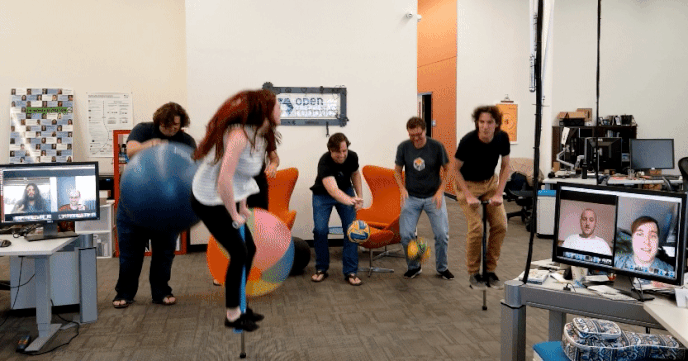Looking foward to ROSCon 2018 we're highlighting presentations from last year. The ROSCon 2018 registration is currently open. Early registration ends August 11th!
Ian and Louise continued talking about simulation however it moved from terrestrial to a martian setting. And if you didn't notice the entire presentation was done inside of gazebo.
Video
Abstract
Over the past year, hundreds of teams competed in the qualifications for the NASA Space Robotics Challenge, and the top 20 teams competed in the final cloudbased competition. This talk will go over the software and infrastructure used to host the Space Robotics Challenge, which includes the use of ROS, Gazebo and CloudSim. We will also describe some of the technical challenges faced during the competition, including simulation modeling, performance tuning, and cloud deployment.
Slides
View the slides here








